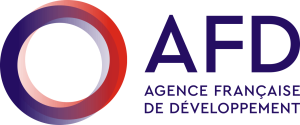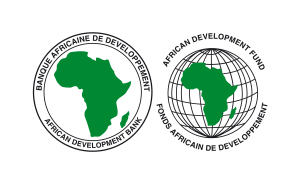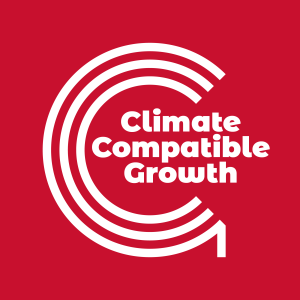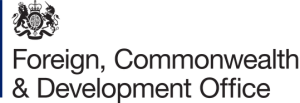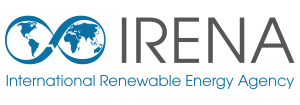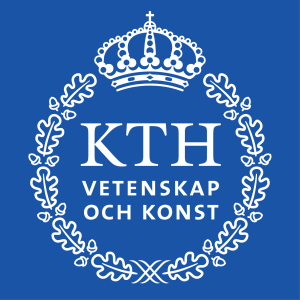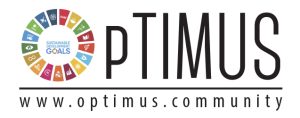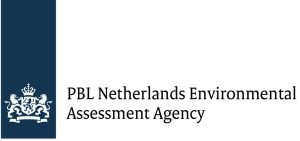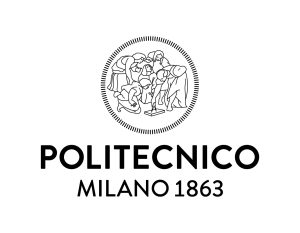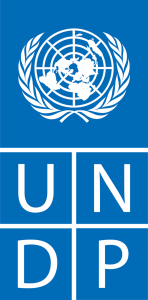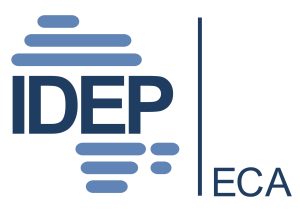Roundtable Principles for Supporting Strategic Energy Planning
In many developing countries, current energy policy and planning decisions are often based on analysis from external experts, and lack crucial buy-in from local stakeholders. Donor support is often fragmented in nature, acting at different levels within different sectors, and with diverse objectives. Finally, data sets, models and analytical tools used in energy planning frequently lack transparency or are inaccessible.
The Roundtable Initiative seeks to reverse those trends by improving the knowledge-sharing and coordination among Development Partners and practitioners on energy system modelling and planning. For that purpose, the Roundtable defined a set of five key principles for the definition of a “Code of Conduct” for Development Partners to work collectively towards improved effectiveness of their support to country governments on strategic energy system planning, in line with the 2005 Paris Declaration on Aid Effectiveness:
- National ownership. Support country-led energy planning processes that work in partnership with key stakeholders* to achieve broad consensus on strategic objectives and plans. Help empower the relevant authorities at regional, national and subnational level to rally stakeholders to implement the plan, and push back on proposals that do not align.
- Coherence and inclusivity. Assist Governments to ensure that strategic decisions taken in the energy sector are coherent with broader economic, social and environmental goals (including Sustainable Development Goals and Nationally Determined Contributions under the Paris climate change agreement) by committing to evidence-based, integrated and inclusive energy planning processes that lead to fair and technically sound energy development programmes.
- Capacity. Support Governments in the definition of priority capacity building activities which strengthen the capability of national institutions to take the lead on strategic energy planning. and incorporate plans and evidence into decision-making and implementation processes. Commit to coordination of Development Partners in line with the Government’s vision, requests for support and goals, and avoid fragmentation and duplication of efforts.
- Robustness. Promote the use of models, analysis and decision-support tools that have strong technical and economic foundations, are fit-for-purpose to deal with rapidly changing circumstances in the energy sector, are able to support flexible and adaptive approaches to energy sector planning, and can be easily and regularly updated.
- Transparency and accessibility. Promote open access to and review of planning inputs (data, model design and assumptions) and encourage the accessibility of planning outputs to key stakeholders, subject to government restrictions and commercial confidentiality constraints.
*The Principles have been endorsed by:
- Agence Française de Développement (AFD)
- African Development Bank (AfDB)
- Climate Compatible Growth programme (CCG)
- Applied Research Programme on Energy and Economic Growth (EEG)
- World Bank – Energy Sector Management Assistance Program (ESMAP)
- Fondazione Eni Enrico Mattei (FEEM)
- United Kingdom – Foreign, Commonwealth & Development Office (FCDO)
- Deutsche Gesellschaft für Internationale Zusammenarbeit (GIZ)
- Institut du Développement Durable et des Relations Internationales (IDDRI)
- International Renewable Energy Agency (IRENA)
- Swedish Royal Institute of Technology (KTH)
- Open Tools, Integrated Modelling and Upskilling for Sustainable Development Community of Practice (OpTIMUS)
- Netherlands – Environmental Assessment Agency (PBL)
- Politecnico di Milano
- Regional Center for Renewable Energy and Energy Efficiency (RCREEE)
- Stockholm Environment Institute (SEI)
- The Bartlett Energy Institute – University College London (UCL)
- United Nations Development Programme (UNDP)
- United Nations Economic Commission for Africa (UNECA)
- United Nations Institute for Economic Development and Planning (UNIDEP)
- World Resources Institute (WRI)
